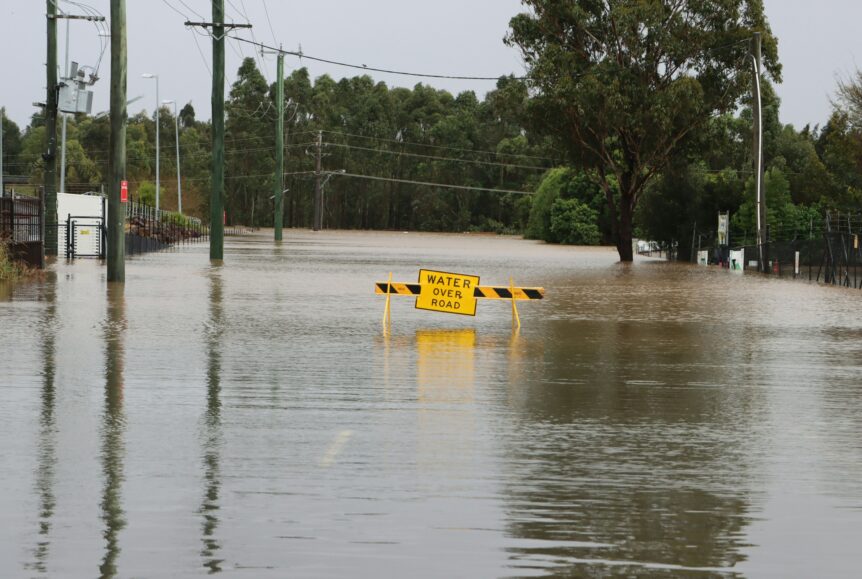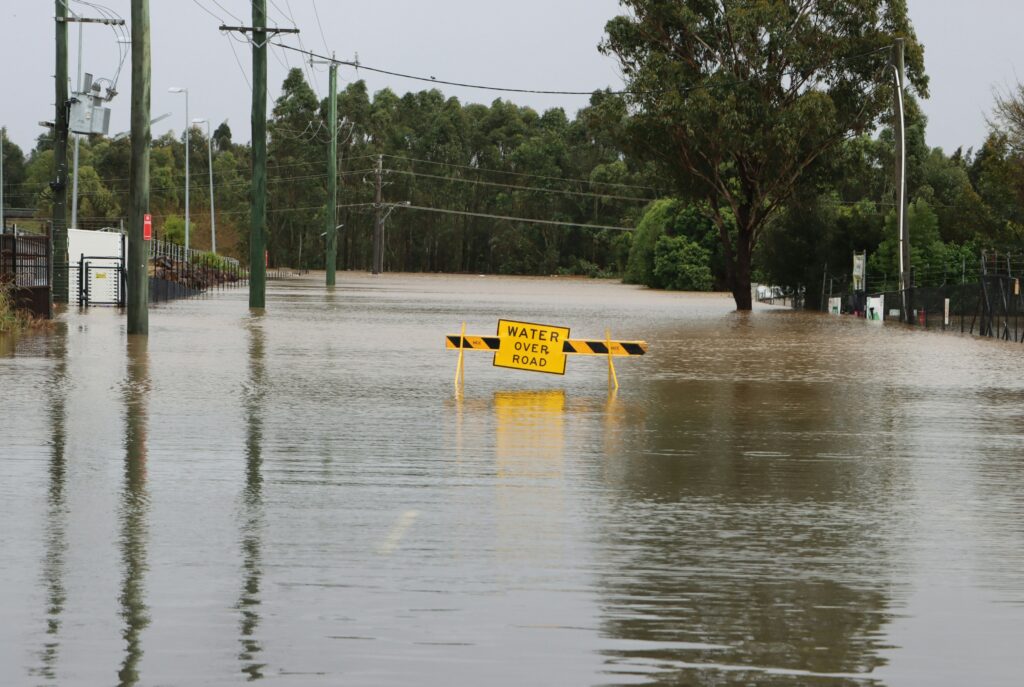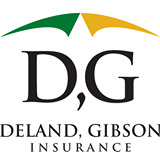Whether a homeowner is new to New England or has lived here for a number of years, one thing they all have in common is an awareness of how quickly the weather can change. This is particularly relevant in the winter, where we can see large amounts of snow one day and warm weather and rain the next. Why are these rapidly changing weather conditions concerning the New England homeowner? Two words – unexpected flooding.
A common question we receive from clients at Deland, Gibson is whether homeowners insurance covers water damage. Homeownership can bring a sense of security and comfort, but unexpected events like water damage can quickly turn that dream into a nightmare. Water damage can wreak havoc on your property, whether it’s a burst pipe, a leaking roof, or a flooded basement. In times of crisis, homeowners often turn to their insurance policies for answers – “Does my homeowners policy cover water damage?” Unfortunately, the answer to that question is not straightforward and has some nuance. So today, we are going to dive (no pun intended) into the subject of whether homeowners insurance covers water damage. So, buckle up, and let’s get into it.
Understanding Homeowners Insurance:
Homeowners insurance is your first line of defense and a financial safety net designed to protect you and your home from various risks. While policies may vary, they typically cover damages caused by perils like fire, theft, vandalism, and natural disasters. However, the coverage for water damage is a nuanced aspect that homeowners need to pay close attention to.
What Kind of Water Damage Does Homeowners Insurance Cover?
Sudden and Accidental Damage: Most conventional homeowners insurance policies will cover sudden and accidental water damage. This damage includes incidents such as burst pipes, flooding from broken appliances, and accidental plumbing leaks. For example, suppose your pipes freeze and burst. In that case, your washing machine breaks down and floods the floors, or your plumbing gets backed up and overflows, causing damage to your home, then your homeowners insurance policy will likely step in and cover the damages that have occurred.
Storm-Related Damage: Homeowners insurance can often cover water damage caused by storms. For example, if your roof is damaged in a storm and develops a leak resulting in water entering your home, your insurance policy may cover the necessary repairs.
Roof Leaks: All roofs are susceptible to wear and tear over time, and leaks in your roof can develop due to the passing years. In the case of damage caused by a leaking roof, homeowners insurance, in most cases, will cover the damage caused by the water. In some cases, there may be exceptions due to lack of appropriate maintenance, but in general, claims based on damage from a leaking roof will be covered.
Frozen Pipes: For homeowners in colder climates, like us here in New England, frozen pipes are a common concern. When pipes freeze and burst, causing water damage to your home, homeowners insurance typically covers the cost of repairs. To learn more about frozen pipes and preparing your home for winter, read our blog on Frozen Pipes here.
What Kind of Water Damage Does Homeowners Insurance Not Cover?
As discussed above, while homeowners insurance can provide coverage for many water-related damages, there are certain exclusions to be aware of. Let’s dig into those now.
Flood Damage: The most notable exclusion, and the issue we at Deland, Gibson come across the most, is damage caused by flooding. Standard homeowners insurance policies are not typically designed to cover flood damage. Homeowners are able to purchase separate flood insurance policies, but these are in addition to your homeowner’s policy.
An issue that we often see during the winter and as we transition to the spring is damage caused to homes from flooding due to rapid snow melts or significant rainfalls.
Gradual Damage: Homeowners insurance is designed to address sudden and accidental events that seemingly come out of nowhere. Gradual damage caused by issues, such as a slow leak that leads to mold growth over time, may not be covered. Staying on top of regular maintenance is the best way to avoid these issues.
Negligence and Lack of Maintenance: In a similar vein to Gradual Damage, if water damage in the home is due to lack of maintenance or general negligence on the homeowner’s behalf, the claim may be denied. As stated before, staying on top of regular maintenance in the home is the most proactive way to steer clear of these problems.
Water Backup: Coverage for damage due to water backup often depends on the policy. For example, damage caused by the backup of sewer lines may not be included in a standard homeowners policy. It is worth checking whether your policy covers this type of event and, if not, considering additional coverage.
What Is on Our Radar at Deland, Gibson
An issue that we often see during the winter and as we transition to the spring is damage caused to homes from flooding due to rapid snow melts or significant rainfalls. Damage in your home, particularly the basement, due to flooding would not generally be covered by homeowners insurance. Yet, the damage that can be done to the home can be significant.
During this time of year, it is a good idea to check all sump pumps to ensure they are operating correctly, and all storm drains to guarantee that they are clog-free. A little proactive maintenance and review can help you avoid damage from rapid flooding – often caused by rapid snow melt.
Top Tips from Deland, Gibson
Review Your Policy: It is important to review and understand the specifics of your homeowner’s insurance policy. Take the time to examine your coverage, as well as what the exclusions and limitations are.
If Needed, Consider Additional Coverage: Depending on where you live and your needs, consider additional coverage. Flood insurance, water backup coverage, and coverage for other specific events can provide additional protection, as well as peace of mind.
Regular Maintenance: As discussed above, regular maintenance is key when it comes to preventing water damage. Regularly inspect your home for potential problems, keep up with maintenance, and take appropriate steps to avoid seasonal issues like frozen pipes.
Learn More About Water Damage
Are you interested in learning more about Water Damage and Home Insurance? Check out our related articles What To Do After A Hurricane and Are You Prepared for Hurricane Season? In these two great articles we cover more information surrounding water damage in your home.
Providing Peace of Mind Through Proactive Service
Deland, Gibson: A Trusted Choice, Five Star Accredited independent insurance agency. Established in Massachusetts in 1900, Deland, Gibson is a 4th generation family-run insurance agency that has thrived working as a trusted advisor for its client base. We work with individuals and businesses to lower their Total Cost of Risk. We analyze a client’s direct and indirect costs and implement risk reduction plans to address areas of business, hazard, or strategic risk.



